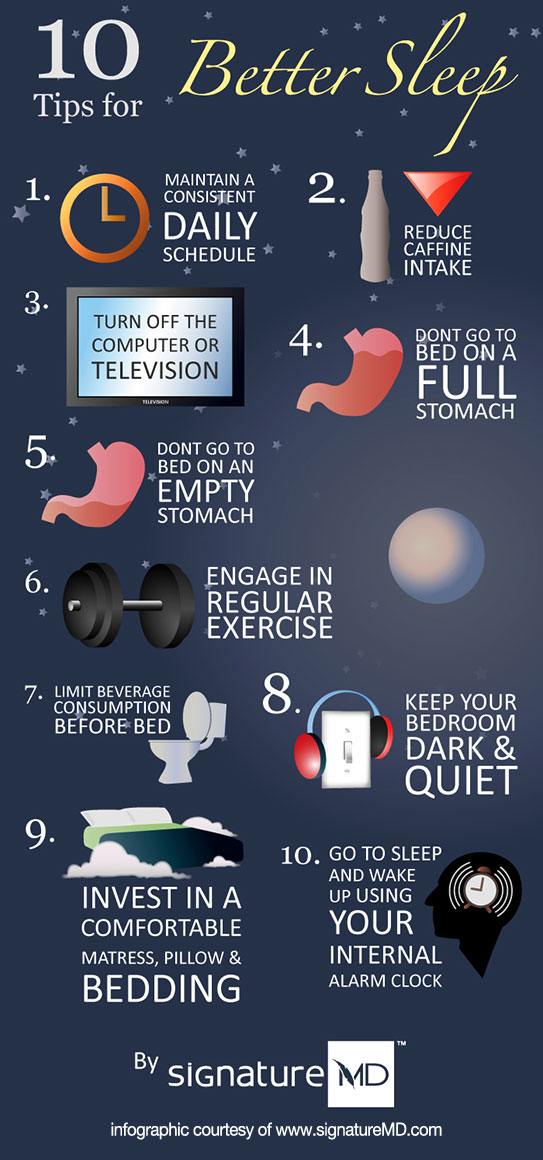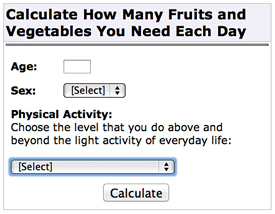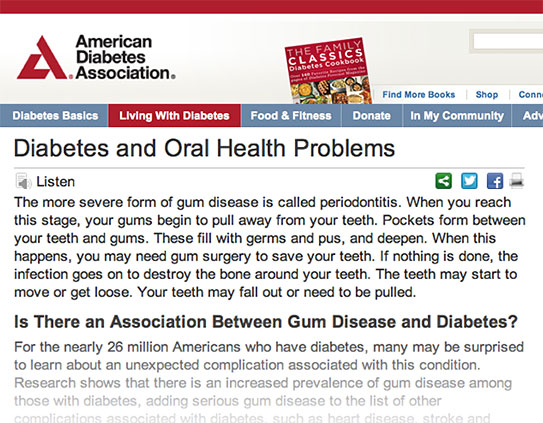
March 17–23 is Root Canal Awareness Week. We know there are misperceptions out there about root canal therapy. We also know that it’s a topic people don’t typically visit about in a favorable light. Root canal therapy has always been a bit of a “whipping boy” in dentistry—and, its reputation is probably undeserved. This is especially true given today’s awesome treatment advancements.
The Most Common Misperception
The problems that lead up to needing a root canal can be painful because they affect your tooth’s pulp and nerves. Oftentimes people associate root canal treatment with the discomfort that made the treatment necessary in the first place. Don’t forget that root canal therapy is the solution, not the problem! And, root canals don’t need to be painful.
Today’s Ingredients For Comfortable Root Canal Treatments:
- safe, effective anesthesia
- extremely precise tools
- incredible imaging technology that enhances how and what we see
- shorter treatment times
A Useful Overview Of Fillings, Crowns, And Root Canal Therapy
If you’re anxious about having a root canal, or about any other dental treatment, please let us know. Or if you have questions, please ask us. Your comfort is our #1 priority. Don’t postpone important dental care because of fear. We listen and we care. Let’s take great care of your oral health, together.





 NEARLY EVERYONE KNOWS SOMEONE WHO is directly or indirectly affected by diabetes. Not only can diabetes be difficult to manage, but it can also increase a person’s risk for other major health problems—including oral health problems.
NEARLY EVERYONE KNOWS SOMEONE WHO is directly or indirectly affected by diabetes. Not only can diabetes be difficult to manage, but it can also increase a person’s risk for other major health problems—including oral health problems.
 YES, IT’S VALENTINE’S DAY—and what better day to talk about smiles, attraction, and relationships!? It’s probably never occurred to you to look to your dentist for dating advice. But the fact is that smiles have a surprising amount to do with attraction.
YES, IT’S VALENTINE’S DAY—and what better day to talk about smiles, attraction, and relationships!? It’s probably never occurred to you to look to your dentist for dating advice. But the fact is that smiles have a surprising amount to do with attraction.

 HAVE YOU EVER HEARD someone say that after you cut your finger, and it heals, that the scar tissue is stronger than normal tissue? Some opinions vary, but it appears that this notion is more myth than truth. But what about your teeth and your restorative dental work? Can a filling or a crown get a cavity?
HAVE YOU EVER HEARD someone say that after you cut your finger, and it heals, that the scar tissue is stronger than normal tissue? Some opinions vary, but it appears that this notion is more myth than truth. But what about your teeth and your restorative dental work? Can a filling or a crown get a cavity? YOU PROBABLY ALREADY KNOW MANY OF THE DANGERS associated with smoking. But, did you also know that smokers are twice as likely as non-smokers to lose their teeth? In addition, there are even greater dangers that smoking presents to your oral health.
YOU PROBABLY ALREADY KNOW MANY OF THE DANGERS associated with smoking. But, did you also know that smokers are twice as likely as non-smokers to lose their teeth? In addition, there are even greater dangers that smoking presents to your oral health. ARE YOU A LITTLE SURPRISED by the headline of this blog post? If so, you’re not alone. Many people are unaware of the link between asthma and tooth decay resulting from dry mouth.
ARE YOU A LITTLE SURPRISED by the headline of this blog post? If so, you’re not alone. Many people are unaware of the link between asthma and tooth decay resulting from dry mouth.